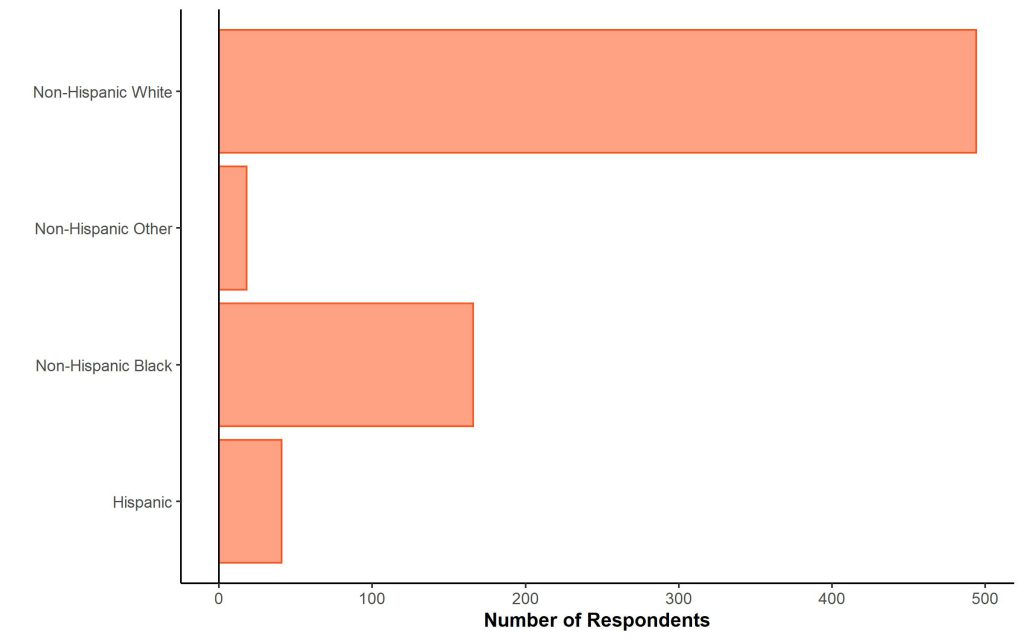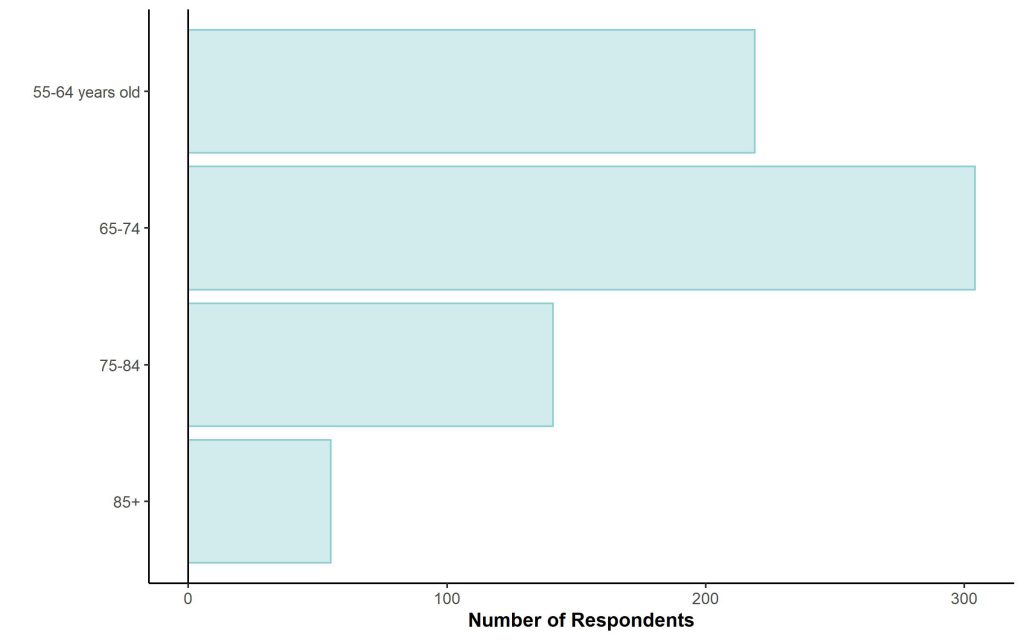Study Methodology
ACL Wave 1: 1986
Dr. House and his team launched ACL as a nationally representative cross-section survey of 3617 adults ages 25 and up in the continental United States. The research team conducted an 86-minute face-to-face interview of 3617 adults ages 25 and up in the continental U.S., with African Americans and people aged 60 and over over-sampled at twice the rate of the others.
ACL Wave 2: 1989
The ACL team conducted an 89-minute face-to-face reinterview with 2867 respondents (83% of survivors).
ACL Wave 3: 1994
Researchers held a 45-minute telephone or face-to-face reinterview of 2562 respondents (or 83% of survivors, including 164 proxy interviews). New survey questions focused on hazardous work and neighborhood environments.
ACL Wave 4: 2001-2002
Under the leadership of PI Paula Lantz, the research team conducted a 45-minute telephone or face-to-face reinterview of 1787 respondents (or 76%-80% of survivors, including 95 proxy interviews). New measures of discrimination and vigilance were added, along with more in-depth questions on health insurance.
ACL Wave 5: 2011
Under the leadership of PI Sarah Burgard, researchers conducted a 60-minute telephone or face-to-face reinterview of 1427 respondents (or 81% of survivors, including 108 proxy interviews). The survey was revised to include more questions about work and economic instability following the Great Recession, and an expanded battery of cognitive function was added.
ACL Wave 6: 2019
Led by PI Margaret Hicken, wave 6 includes a 70-minute reinterview and, for the first time, a home visit to collect biometric information, blood, and DNA samples. The opportunity to pair genetic and epigenetic information with respondents in-depth life histories offers unique insight into the interplay between lived experiences and gene expression.
ACL-LIFE: 2021
With PI Sarah Burgard’s leadership, ACL-LIFE will feature a retrospective life history interview with the original ACL cohort. The survey will gather retrospective reports on respondents’ schooling, relationships, parenting, employment, financial histories, histories of health shocks, and histories of health behaviors like tobacco use and health care utilization. With extensive information gathered both prospectively and retrospectively, ACL will provide unparalleled opportunities to understand the quality of retrospective data.
Mortality Tracking: Ongoing
Between waves, the ACL team conducts regular mortality tracking using the National Death Index (NDI). ACL data is updated with certified decedents and their cause of death, if known.



